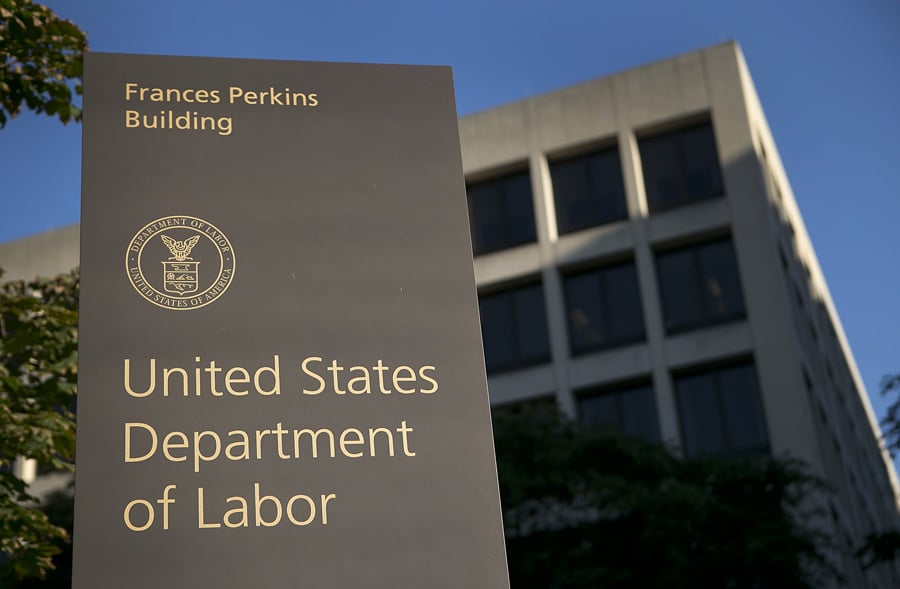The form and substance of the Department of Labor's new fiduciary rule, set to be unveiled by the end of the year, is anybody's guess. But there are a few clues, and attorneys who specialize in fiduciary and retirement law have mined them to offer some likely scenarios.
In early May, Labor Secretary Alexander Acosta told lawmakers the agency was
collaborating with the Securities and Exchange Commission, which is
expected to issue a final advice reform rule next week. Many took this to mean the DOL fiduciary rule, which would amend advice standards in retirement accounts, would largely mirror whatever the SEC finalizes. But that's not exactly possible.
"It's a foregone conclusion that that's not going to happen," said Jason Roberts, partner at the Retirement Law Group and CEO of the Pension Resource Institute.
The answer boils down to something called "prohibited transaction exemptions," Mr. Roberts said.
The Labor Department's fiduciary rule — expected
in December — would be regulating the Employee Retirement Income Security Act of 1974. That law provides answers to such questions as: What is a fiduciary? When is someone deemed to have given investment advice?
ERISA fiduciaries aren't allowed to engage in any sort of self-dealing when handling retirement assets. However, the law has built-in mechanisms called prohibited transaction exemptions, which permit otherwise conflicted behavior such as self-dealing if a broker meets certain requirements.
The
best-interest-contract exemption, part of the Obama-era DOL fiduciary rule
later killed in court, was a type of prohibited transaction exemption. It allowed brokerages to receive compensation such as commissions — which ERISA otherwise prohibits — as long as they met certain conditions, such as entering into a contract allowing unhappy investors to bring class-action lawsuits.
In short: ERISA prohibits all conflicts of interest and requires an exemption to get around them. But SEC rules are structurally different: They don't have these exemptions. Brokers and advisers can satisfy conflicts under an SEC regime
by disclosing them — something they can't do under ERISA.
"You have two different regulatory schemes that get at things quite differently," said Andrew Oringer, partner at Dechert.
Where does that leave the new DOL rule?
Kevin Walsh, principal at Groom Law Group, said there are several directions the DOL could take, outlining three of the most likely.
Two of those scenarios would see the DOL's rule take the form of a prohibited transaction exemption. In one, advisers and brokers that comply with terms set in the SEC's
Regulation Best Interest would also meet conduct standards under ERISA. In the second scenario, the exemption could be a hybrid approach, meshing elements from the SEC rule and additional requirements (such as additional disclosures) laid out by the DOL.
The third scenario could see the DOL completely overhaul the scope of who is considered a fiduciary under ERISA. This outcome may ultimately play off of the SEC's forthcoming
interpretation of "solely incidental," Mr. Walsh said. Under current SEC rules, brokers don't have to register as investment advisers if they provide advice that's solely incidental to their work as brokers. The DOL could piggyback on this delineation and say a broker wouldn't be a fiduciary if providing only "incidental" advice, as defined by the SEC.
Ultimately, the new fiduciary rule is highly unlikely to expand the fiduciary definition to the extent of the Obama-era rule, a massive overhaul that greatly increased the number of brokers who'd be giving advice in clients' best interest, attorneys said.
"I do not see anything similar to the [Obama-era] conflict-of-interest rule," said George Michael Gerstein, attorney at Stradley Ronon Stevens & Young. "I think that's a real long shot — almost inconceivable from this DOL."







